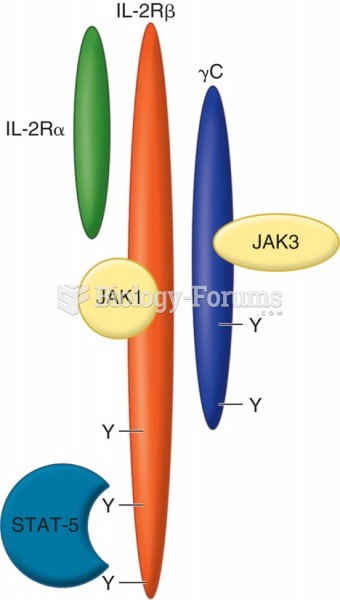Answer to Question 1
ANS: Adolescence, between ages 12 and 18, is the stage at which we must meet and resolve the crisis of our basic ego identity. The self-image, which is an integration of our ideas of what we are and what we want to be, is formed during adolescence. If this process is resolved satisfactorily, the result is a consistent and congruent picture.
Shaping an identity and accepting it are difficult tasks, often filled with anxiety. Adolescents experiment with different roles and ideologies, trying to determine the most compatible fit.
People who emerge from this stage with a strong sense of self-identity are equipped to face adulthood with certainty and confidence. Those who fail to achieve a cohesive identitywho experience what Erikson called an identity crisiswill exhibit a confusion of roles. They do not know who or what they are, where they belong, or where they want to go. Even a negative identity, as society defines it, is preferable to no identity at all, although it is not as satisfactory as a positive identity.
Erikson noted the strong impact of peer groups on the development of ego identity in adolescence. He noted that excessive association with fanatical groups and cults, or obsessive identification with icons of popular culture, could restrict the developing ego.
The basic strength that should develop during adolescence is fidelity, which emerges from a cohesive ego identity. Fidelity encompasses sincerity, genuineness, and a sense of duty in our relationships with other people.
Answer to Question 2
ANS: The locomotor-genital stage, which occurs between ages 3 and 5, is similar to the phallic stage in Freud's system. Motor and mental abilities are continuing to develop, and children can accomplish more on their own.
One initiative that may develop is in the form of fantasies, manifested in the desire to possess the parent of the opposite sex and establish a rivalry with the parent of the same sex. How will the parents react to these self-initiated activities and fantasies? If they punish the child and otherwise inhibit these displays of initiative, the child will develop persistent guilt feelings that will affect self-directed activities throughout the person's life.
In the Oedipal relationship, the child inevitably fails, but if the parents guide this situation with love and understanding, then the child will acquire an awareness of what is permissible behavior and what is not. The child's initiative can be channeled toward realistic and socially sanctioned goals in preparation for the development of adult responsibility and morality. In Freudian terms, we would call this the superego.
The basic strength called purpose arises from initiative. Purpose involves the courage to envision and pursue goals.







